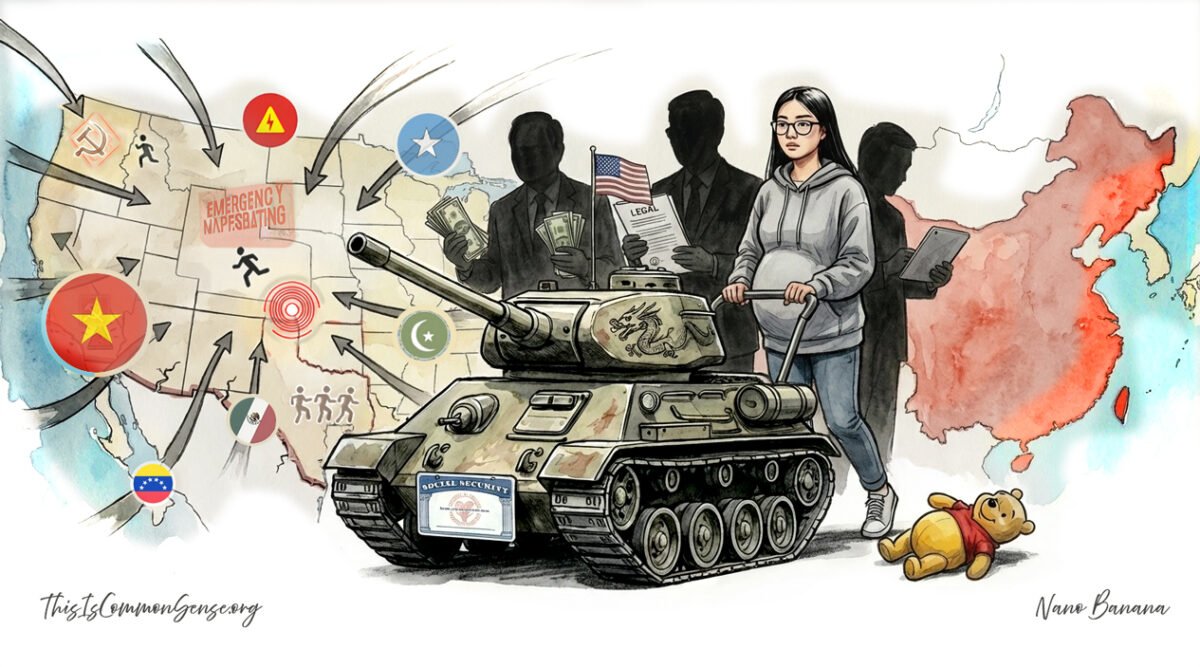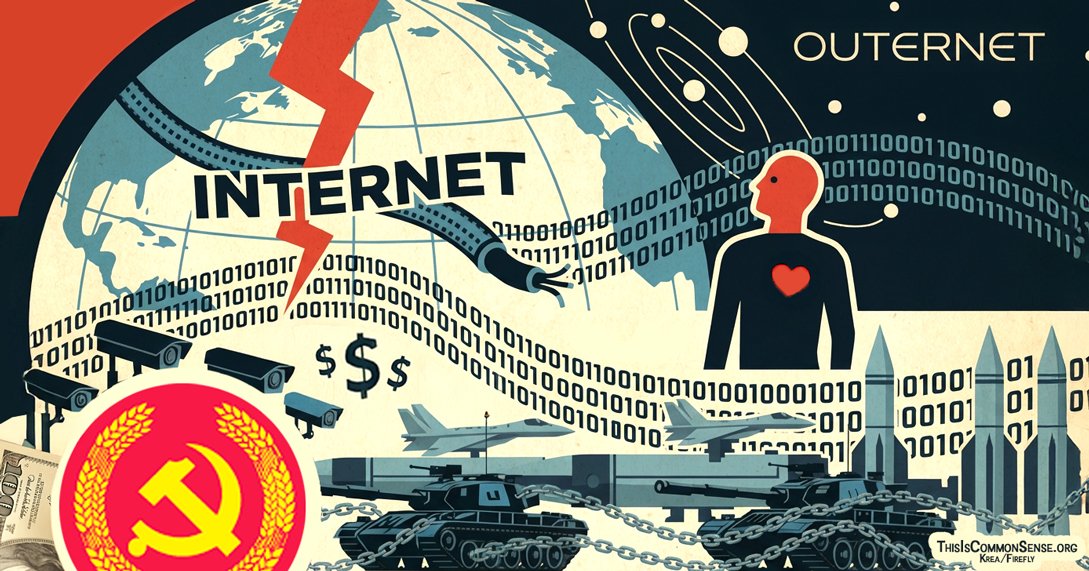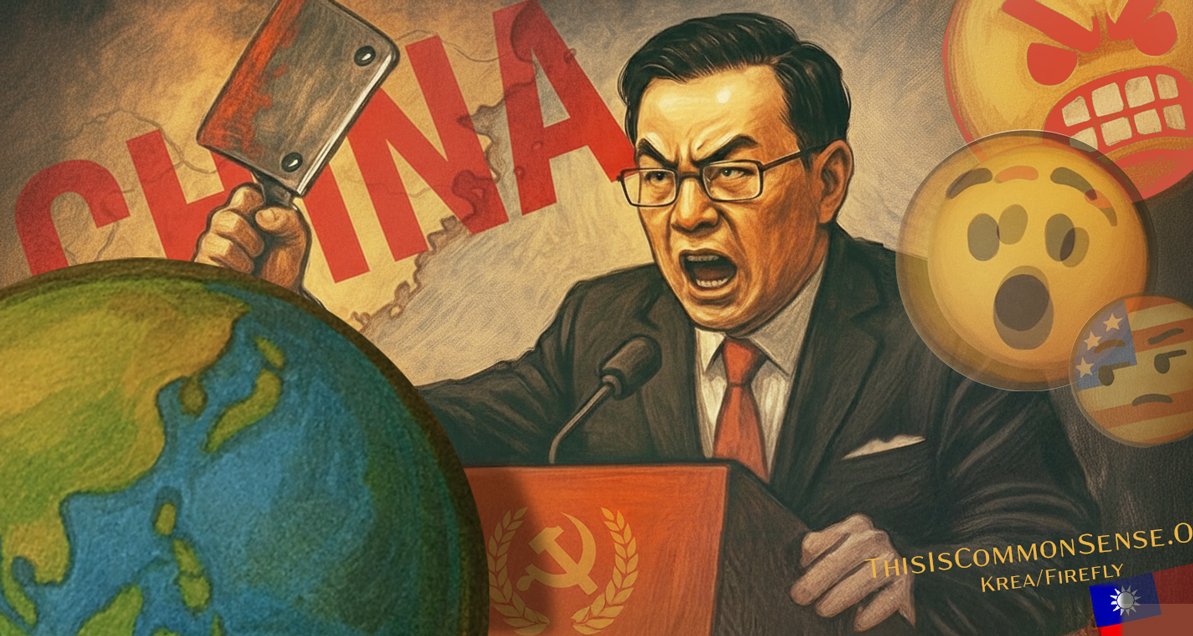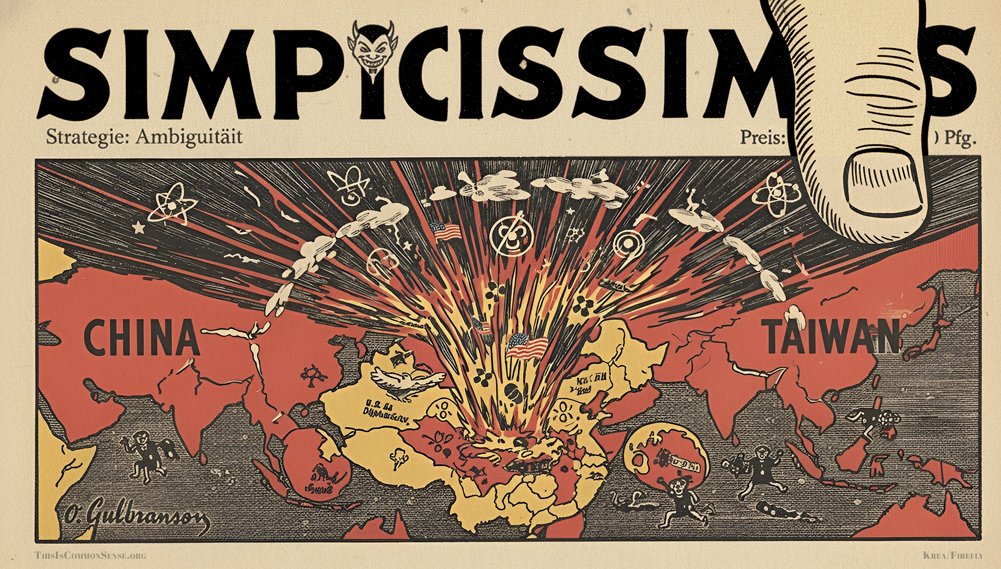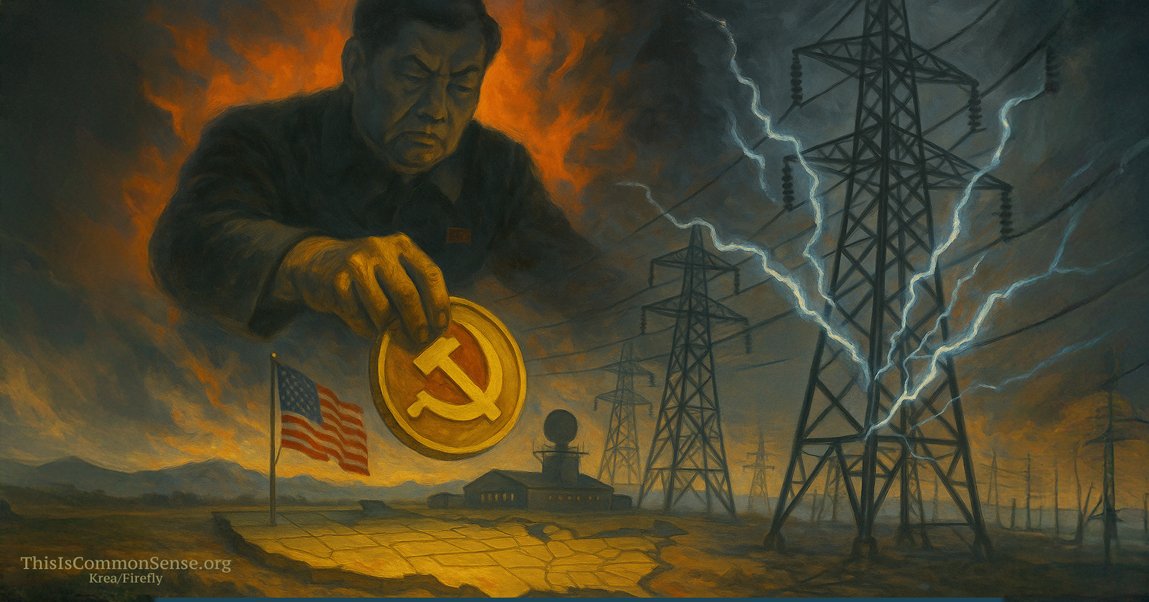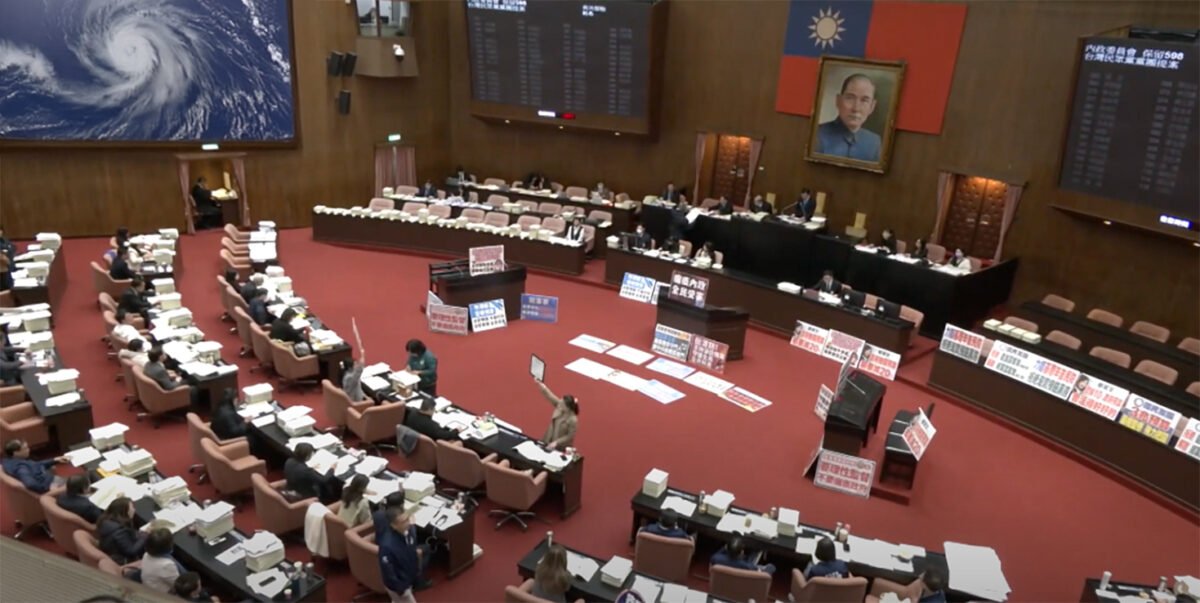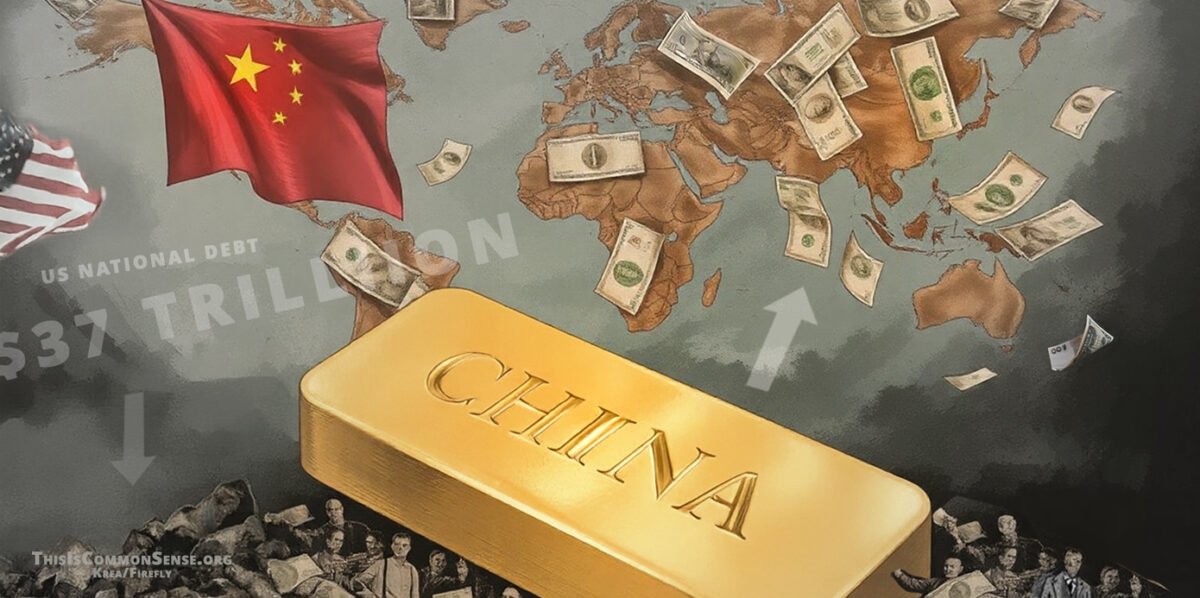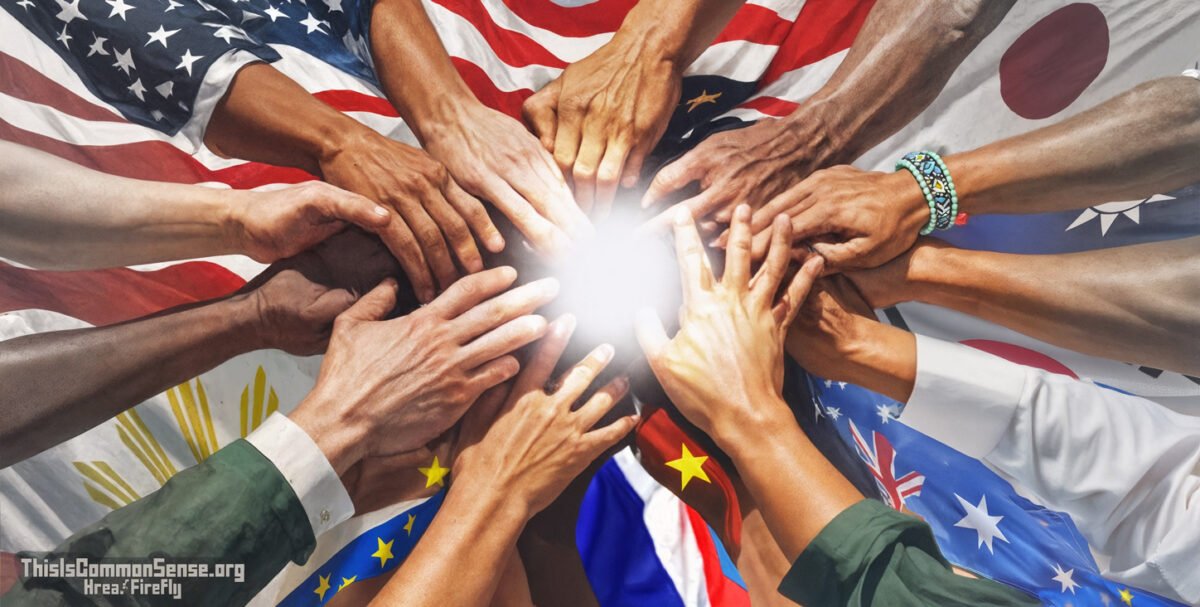A Chinese billionaire tried. Give him that. But do we have to like what he was up to?
The trier in question is fantasy video-game mogul Xu Bo, and The Wall Street Journal reports that he is trying to gain a foothold in the United States in a somewhat novel way … for a rich man, anyway.
He’s fathering children in America. Many children.
And by non-wives who are under surrogacy contracts to bear his children for him.
While domestic surrogacy is illegal in China, it’s not in the U.S. So, being a resourceful billionaire, and inspired by Elon Musk’s fathering of 14 known children, he took action.
A family court in California noticed. When it realized the man was petitioning for parental rights “to at least four unborn children,” explains the Journal, and “learned he had already fathered or was in the process of fathering at least eight more through surrogates, it raised alarm,” and his request was denied.
A “rare rebuke to a little-known trend in the largely unregulated U.S. surrogacy industry” — and it’s a trend that the Chinese super-wealthy are taking advantage of.
What advantage? Birthright citizenship: “Babies born via surrogacy in the U.S. are U.S. citizens by virtue of the 14th Amendment.”
This issue, which looms rather large as tens of millions flocked to America during the Biden years, is key. It allows for all sorts of abuse.
Because the world has changed in 157 years.
Now that the “millionaires and billionaires” are horning in on the act, will Democrats re-think their commitment to birthright citizenship?
This is Common Sense. I’m Paul Jacob.
Illustration created with Nano Banana
See all recent commentary
(simplified and organized)
See recent popular posts
